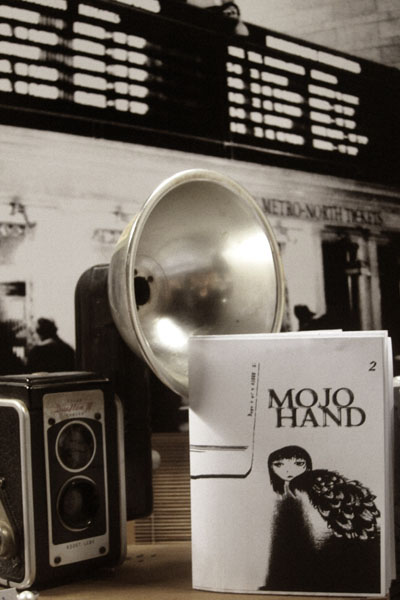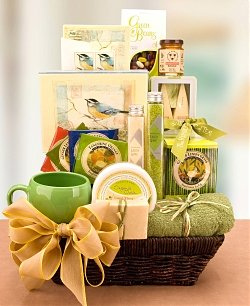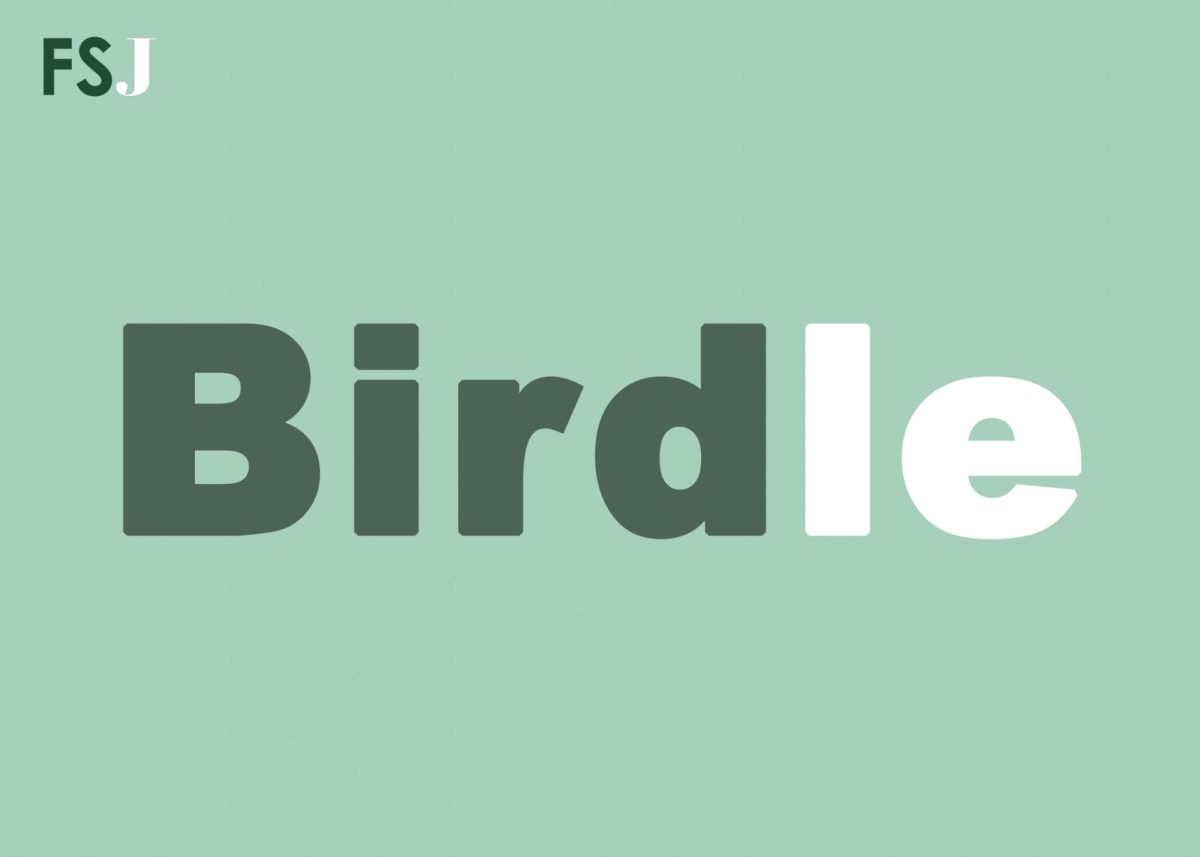A zine: a small, xeroxed, do-it-yourself magazine, containing a compilation of unconventional subject matter sometimes based on a theme.
Ruby Love, the online-schooled creator of Mojo Hand Zine, shows students that they can get involved with self expression through writing, even while chained to high school English classes.
“I bought a printing press this summer and made a joke about doing a zine on it,” Love said. “Things just went from there.”
Seniors Kainen Spooner, Alden Slote and Jon Fitzgerald write regularly for the zine.
“We’ve had a lot of these ideas in our group where we get a big lofty goal like, ‘Let’s make a zine,’ ‘Let’s start a record label,’ ‘Let’s start a band,’ and it all tends to just not happen,” Spooner said. “I was a little bit hesitant, but … very supportive.”
“It was a mild surprise when it actually worked out,” Fitzgerald agreed. “It’s pretty cool that we can get this out and make a physical something of our efforts.”
Love writes, illustrates and assembles the submissions to create Mojo Hand Zine, which is published every two months. Mojo Hand Zine is currently being sold for a couple dollars depending on the size of the zine at Astro Kitty, Hobbs, and Love Garden, as well as online.
“Ruby, who doesn’t go to public school, has a lot more time on her hands to really put something together like [a zine],” Slote said.
Especially with the pressures of school, having a creative outlet is crucial for many contributors of the zine.
“[Teens] don’t really have an opportunity to get published or express themselves in a public way that is a little more respected than Facebook,” Love said.
“I think [self expression] is totally important,” Slote said. “People don’t get as much self expression as they should, especially in public school which…crush[es] you into a statistic.”
Being able to write for the zine is not only an intellectual outlet, but also a way to sort out unspoken thoughts.
“Under an alias I write poetry for the Zine,” Spooner said. “I write poetry when I feel like it. Sometimes it kills time, sometimes I see something and I really like the image, … sometimes I write [poetry] because there is no other way to deal with it.”
“I can write whatever I want [for the zine],” Fitzgerald said. “But so far [I write] album suggestions. [I] think harder about what I’m listening to. It’s like, okay, these are the things I’m liking right now but why do I like them?”
Love’s goal was that zine contributors would be able to be a part of something while having their voices heard through their writing. According to Mojo Hand writers, Love’s goal has been reached.
“It’s nice to be part of a group of some sort…I’m glad to help out … and contribute to something cool that a bunch of kids are basically doing independently,” Spooner said. “It’s just another form of expression. I enjoy [writing for the zine], so it’s kind of important to me.”
“I think I get to express myself but I think I also do it for fun,” Slote said. “I think [writing] is pretty fun. Throw in your ideas out there for everyone to read and get some feedback.”
Love is happy with the outcome, since Mojo Hand Zine has gotten a fair amount of publicity with the two issues.
“I tried not to have any particular expectations,” Love said. “I just did it because I thought it’d be fun. It’s exciting, definitely encouraging, and I really think I’ll keep doing it.”
“The main thing is really enjoying yourself and not taking on too much [in] the beginning…want[ing] to publish a novel right off the bat,” Love said. “That’s a lot of work. I remember our first issue, we planned it to be 50 pages.”
As Love continues to organize the zine and add people who are interested in writing to the list of writers, teenagers will continue to have their voices heard and words read.
“It’s fun,” Fitzgerald said. “It’s a way to show responsibility even if it’s the tiniest responsibility. It’s a way as a group to get our thoughts together and straightened out and published.”
















